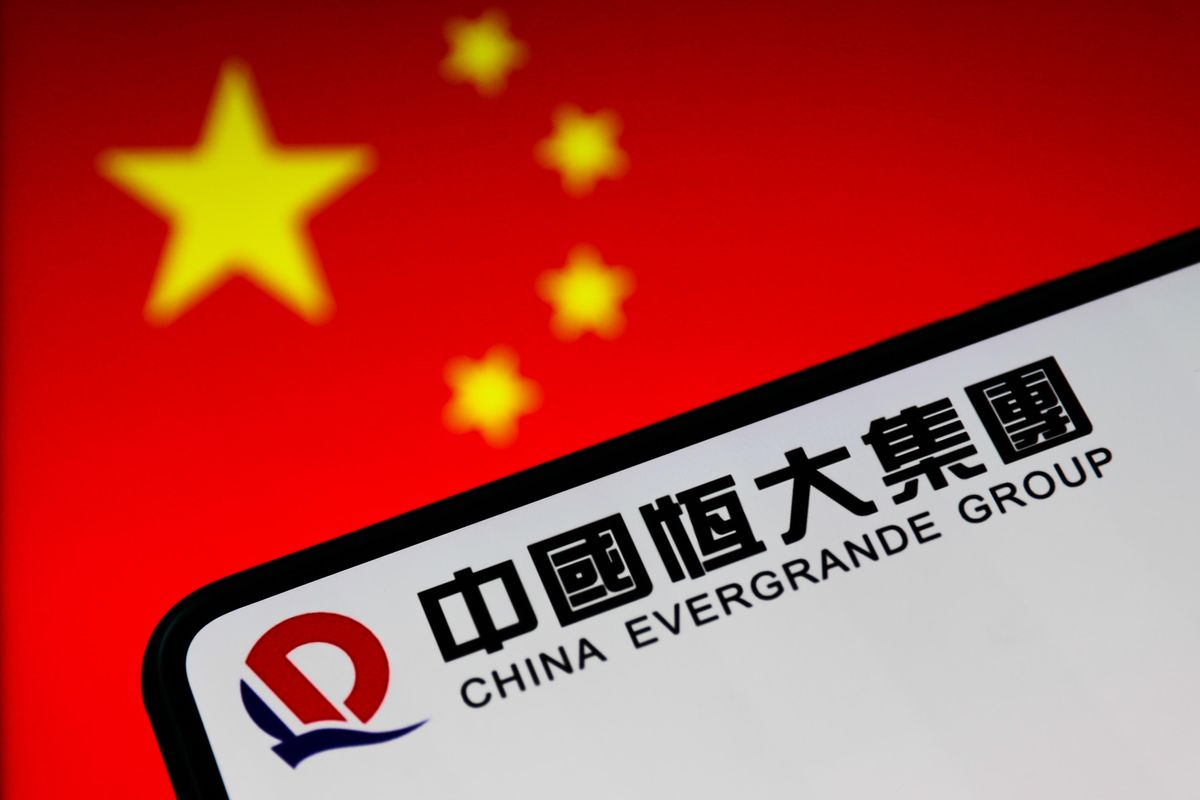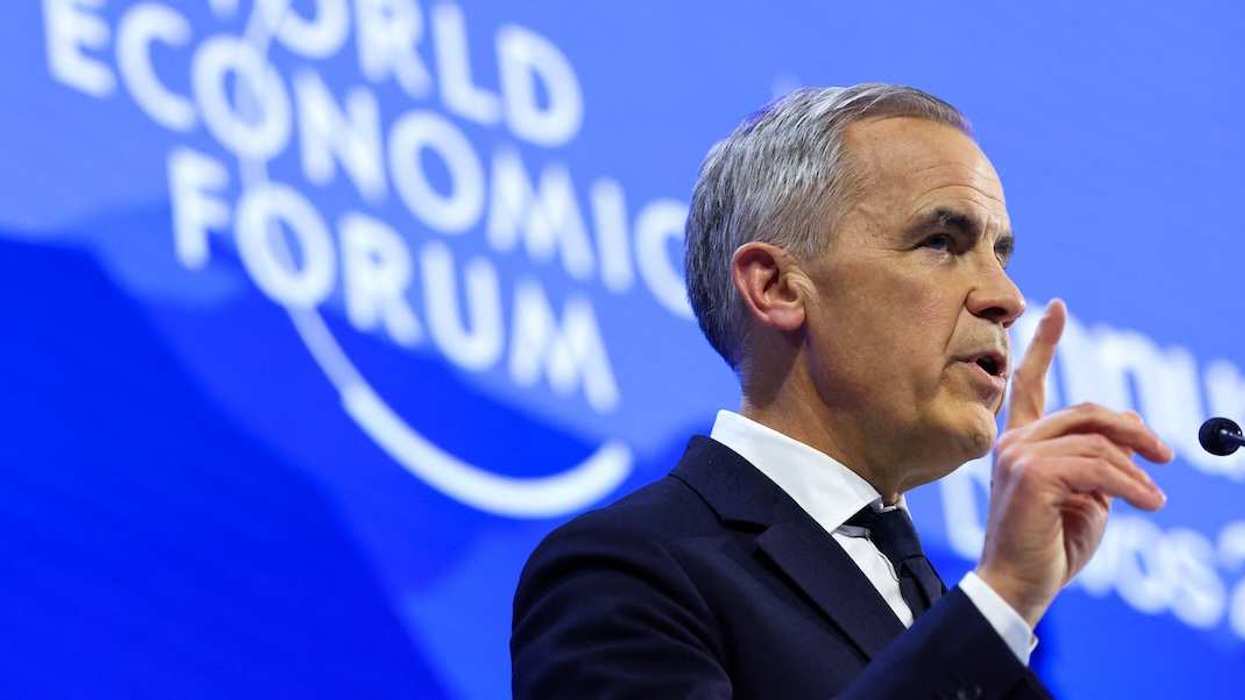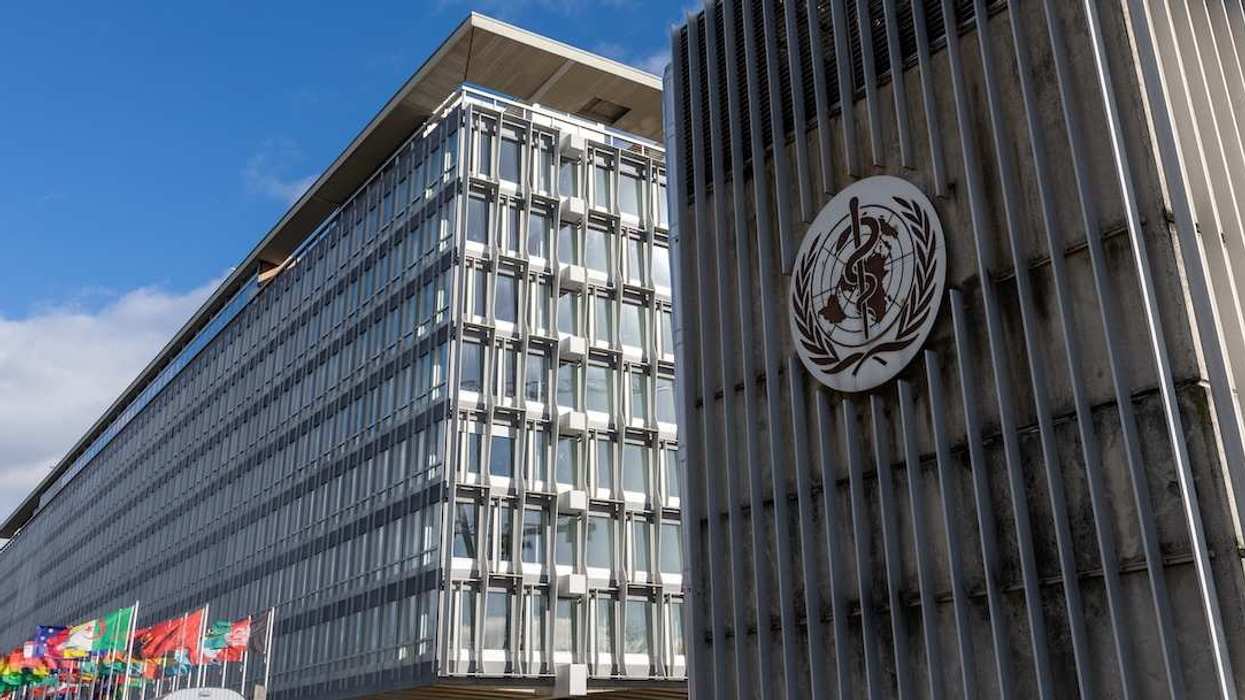Evergrande, China's second-largest property developer, got on Monday its best news in months: someone's willing to buy part of its hugely indebted real estate empire, probably for fen on the yuan. But the company's still in deep trouble: it owes a whopping $305 billion — about 2 percent of China's GDP.
Chinese authorities have spent weeks bracing for Evergrande's looming default like for a slow-moving train collision. With 1,300 projects across 280 cities across China, Evergrande — a gargantuan corporation that also runs theme parks, makes electric vehicles, and owns a soccer team — is a heavyweight in China's once-booming real estate industry, which has driven much of the country's economic growth over the past decade by relying on heavy borrowing.
If Evergrande fails on its debt obligations, the ripple effects could be catastrophic. Although the Chinese government would likely protect the 1.4 million mostly middle-class Chinese families who invested their life savings to become homeowners, countless big and small suppliers that are owed a lot of cash could go belly-up, and up to four million jobs are on the line.
But the real danger is the fallout spreading to the wider residential property sector — which represents almost 30 percent of China's GDP and of outstanding Chinese loans — and from there to the financial sector. If Chinese banks get stiffed by their real estate creditors, they'll have a lot less capital to lend, and the cost of borrowing could go up for everyone.
Severe financial upheaval — similar to what happened in the US following the 2008 collapse of investment bank Lehman Brothers — would then erode confidence in China both at home and abroad little over a year before Xi Jinping is expected to confirm he'll stay on as president for 15 years, unprecedented for Chinese leaders in the post-Mao era.
Xi needs to do something, fast. But he faces a very tough balancing act.
On the one hand, he could let Evergrande default to teach the company and the entire real estate industry a lesson on irresponsible borrowing, one of the many symptoms of the no-holds-barred capitalism Xi has long rallied against. In fact, the full extent of Evergrande's debt hole only came to light eight months ago, when Beijing tightened the rules on real estate borrowing in one of the opening salvos of Xi's later wider crackdown on big tech companies and other sectors that the ruling Communist Party thinks are putting profits ahead of what Xi refers to as "common prosperity."
The problem is that Evergrande's collapse could usher in a nightmare scenario for Xi and the CCP: massive social unrest stemming from a situation in which developers who have presold residential property can't afford to build it, leaving buyers without a home nor savings, and starving local governments of the land and property tax revenues they need to keep the keep the lights on. Add a credit crunch, and you're looking at an economic slowdown the likes of which China hasn't seen since the late 1970s.
To put it simply, tough love for Evergrande could come at a very high cost for the CCP.
On the other hand, Xi could also bite the bullet by bailing out Evergrande because it's just too big to fail, to avoid sector-wide contagion, and to restore confidence. Yet, in doing so he'd be undermining his own political agenda of reducing the systemic risk within the property sector, not to mention setting a bad example for other big Chinese corporations deep in the red.
So perhaps the safest bet is a "managed" collapse, which some Chinese netizens have likened to the controlled demolition of a building. Let Evergrande crumble, but slowly, and closely stage-manage the process by "encouraging" state-owned firms to buy up the company's assets piece by piece so Evergrande can repay its debts and finish the projects it's already presold to homebuyers.
But that'll be tricky, too. Evergrande also owes a lot to foreign investors, so Xi faces yet another dilemma: risk domestic backlash by making them square first to keep overseas cash flowing to China, or prioritize paying off Chinese debt — which could spook foreign investors, at least temporarily (the world's second-largest economy is too big a prize for them to stay away very long).
Whatever Xi does, there's no easy fix. A messy default could put China's entire economic growth model into question. However, if Xi's able to stop Evergrande's debt crisis from infecting the rest of China's financial system without a bailout, he will have pulled off what mighty America failed to do in 2008 — prevent the collapse of its housing market from turning into a global recession.


















